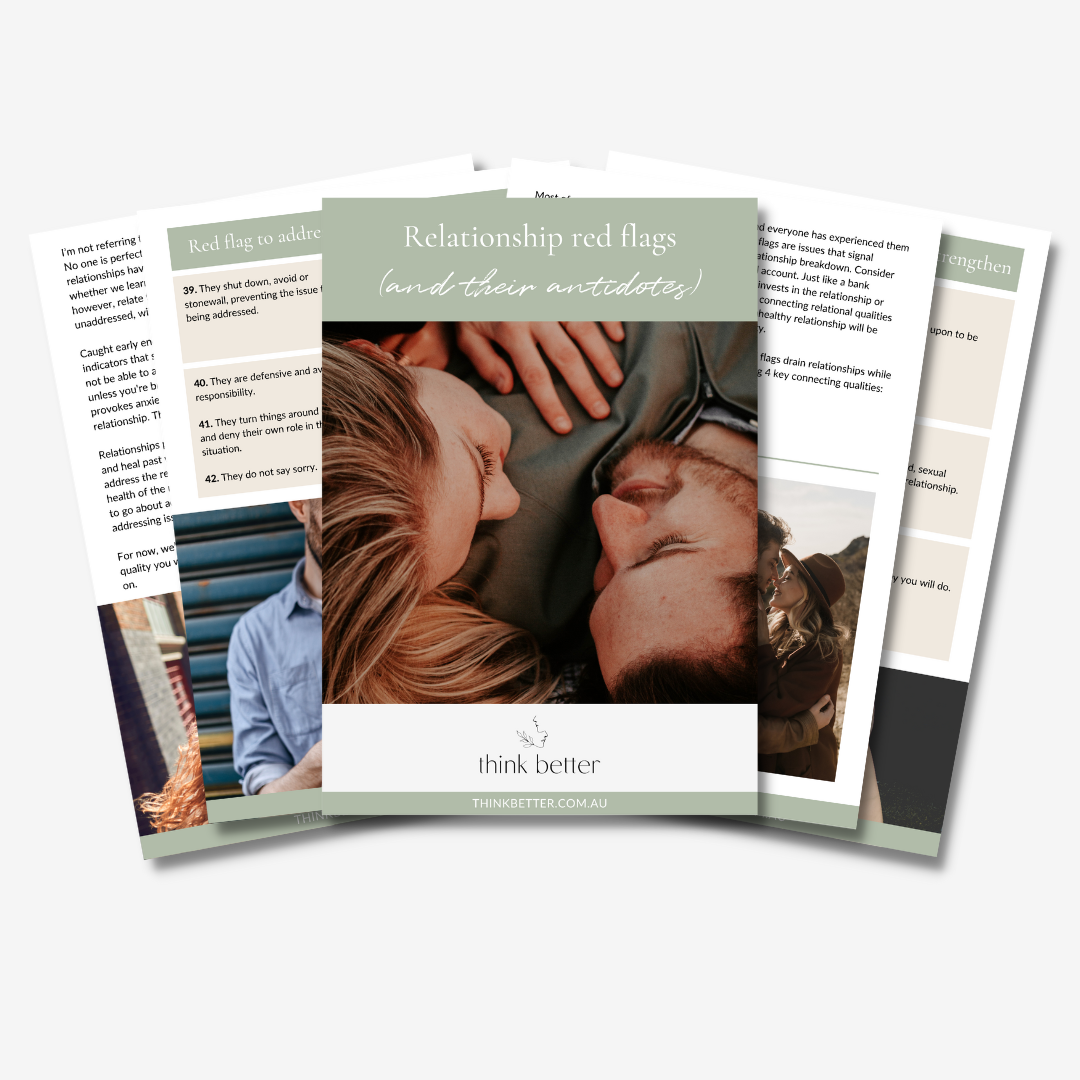Stress is an unavoidable and often unwanted consequence of modern living. Every day you are bombarded by stressors from the moment you wake up to the moment you go to sleep. You are jolted from sleep by an alarm, fight traffic or pray for your internet and technology to work, run to deadlines, juggle workloads, manage difficult interactions, undertake endless chores, look after loved ones, talk and plan with your partners or friends, schedule and maintain social commitments – often while regularly checking on social media only to find how much better everyone else’s lives seem to be! You fall exhausted into bed at the end of the day, perhaps after numbing yourself with a combination of television, snacks, more work, more social media and a glass (or several) of wine. If you are lucky you might get a full night’s sleep and then that alarm goes off again…
Stress has a sneaky way of creeping up
You can get so caught up in the daily grind you often don’t notice the creeping effects of stress. You start to have a shorter fuse with your loved ones or colleagues, your patience for everyday tasks reduces, a gnawing ache in your chest or stomach creeps in, you breathe shorter or even hold your breath at times and all the while a sense of overwhelm grows. It’s possible that you don’t even realize the cumulative impacts of stress until you reach a tipping point. That tipping point can be a major stressor like relationship strain, work issues or health concerns but it is most often just that extra commitment or obligation that is the straw that breaks the proverbial camel’s back.
How stress works for you
Contrary to popular belief, stress isn’t all bad. Too little stress is problematic as it leads to lack of motivation and depression while too much stress can lead to overwhelm and anxiety. However, there is a middle ground where you can experience a healthy level of stress which helps you to maintain focus and motivation. This state is commonly referred to as eustress. Eustress allows you to move outside your comfort zone just enough so that you can grow without tipping into overwhelm. Whilst in this state you are challenged by new or different experiences but also can experience feelings of excitement, possibility, motivation, satisfaction, and flow. If you were goldilocks trying on different levels of stress it would be not too much and not too little, but just right.
How your body and mind responds to stressors
Your body is designed to optimize your physical responses to stressors and then calm your system to return to regular functioning when the threat passes. The stressor triggers your sympathetic nervous system (or fight/flight/freeze response) and, to greatly simplify a complicated process, when a threat is identified the sympathetic nervous system musters the body’s resources so that it can run away from the threat or fight it off to maintain survival. The heart rate accelerates, blood flow is constricted, and muscles strengthen and tense. Non-essential systems like sex drive and digestion are shut down. Your focus narrows to the threat, effectively compromising the part of the brain that is responsible for decision making and executive functioning (the pre-frontal cortex). You don’t need to make considered decisions when you are under threat – you just need to survive.
Unfortunately what this means is you are often responding to stressors like your life depends upon it when potentially you just need to change the way you identify and respond to the stressors in your life. Rather than reacting to challenges and deadlines like your life depends on it, working harder to manage all the competing demands, you can break the cycle of stress and experience more eustress and calm. It just takes practice.
Stay tuned next time for our top five tips for managing stress in a healthy way.




0 Comments